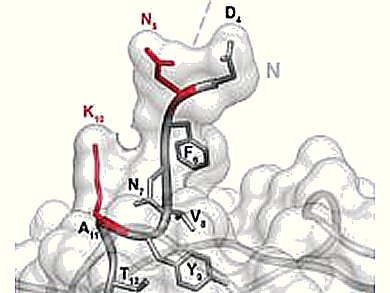Chikungunya fever (CHIKF), caused by the Chikungunya virus (CHIKV), is a mosquito-borne, infectious disease endemic to Southeast Asia and Africa. Since its re-emergence in 2005, CHIKV infection has spread to nearly 20 countries to infect millions.
CHIKV infection is characterised by an abrupt onset of fever frequently accompanied by severe muscle and joint pains. Though most patients recover fully within a week, in severe cases, the joint pains may persist for months, or even years. For individuals with a weak immune system, the disease can result in death. With no clinically-approved vaccine or treatment, CHIKF remains a worrying public health problem.
Lisa Ng, Singapore Immunology Network (SIgN), led a team who discovered a direct biomarker which serves as an early and accurate prognosis of patients who have a higher risk of the more severe form of CHIKF. Doctors can now quickly and accurately identify patients at risk, facilitating a more targetted treatment and clinical care at the onset of the disease.
Patients who respond to the disease at the onset with high levels of Immunoglobulin G3 (IgG3), a naturally-acquired antibody, are protected from the more severe form of CHIKF. On the other hand, patients with a delayed IgG3 response generally have less acute symptoms at the start, but are more susceptible to chronic debilitating joint pains at later stage of the disease. Hence, the IgG3 antibodies serve as a specific biomarker of patients with increased risk of the severe form of the disease.
The team also uncovered that a very small defined segment of the Chikungunya viral protein, named E2EP3, was able to induce the natural IgG3 protective response in preclinical models. Mice vaccinated with the E2EP3 peptides were protected against CHIKV with significant reduction in viral counts and joint inflammation. This finding raises hope for a new effective Chikungunya vaccine that can offer protection against CHIKV in the event of an outbreak.
- Early neutralizing IgG response to Chikungunya virus in infected patients targets a dominant linear epitope on the E2 glycoprotein,
Yiu-Wing Kam, Fok-Moon Lum, Teck-Hui Teo, Wendy W. L. Lee, Diane Simarmata, Sumitro Harjanto, Chong-Long Chua, Yoke-Fun Chan, Jin-Kiat Wee, Angela Chow, Raymond T. P. Lin, Yee-Sin Leo, Roger Le Grand, I-Ching Sam, Joo-Chuan Tong, Pierre Roques, Karl-Heinz Wiesmüller, Laurent Rénia, Olaf Rötzschke, Lisa F. P. Ng,
EMBO Mol. Med. 2012, 4(4).
DOI: 10.1002/emmm.201200213
EMBO Molecular Medicine, one of the highest cited journals in the biomedical sciences, is now a fully Open Access journal.




